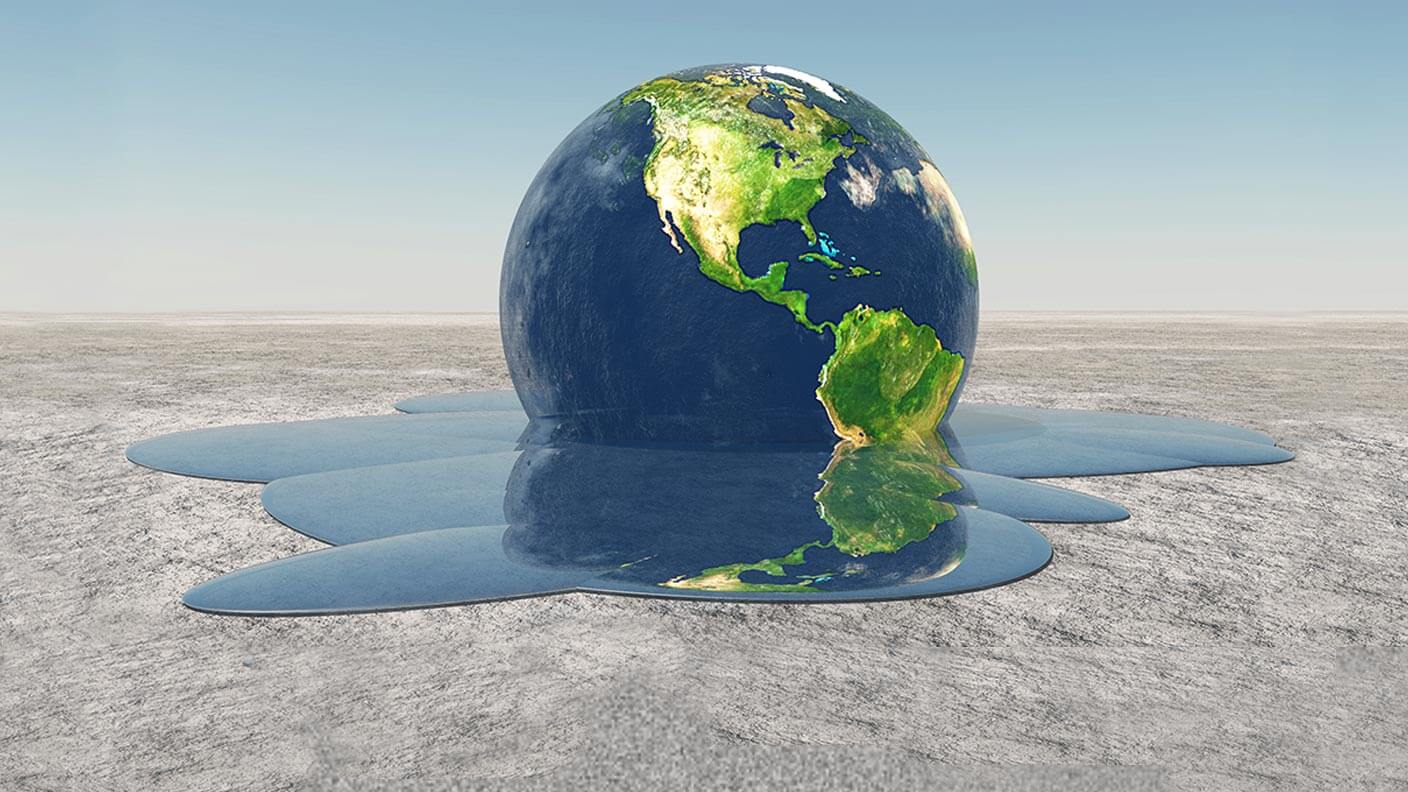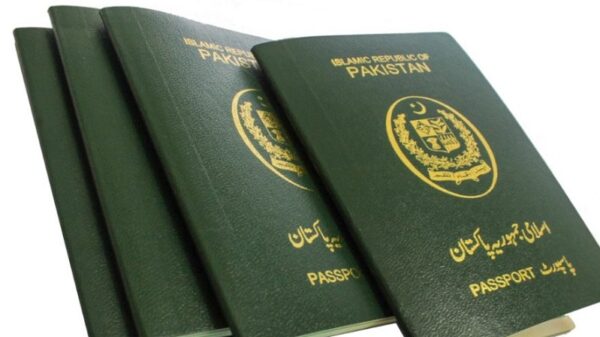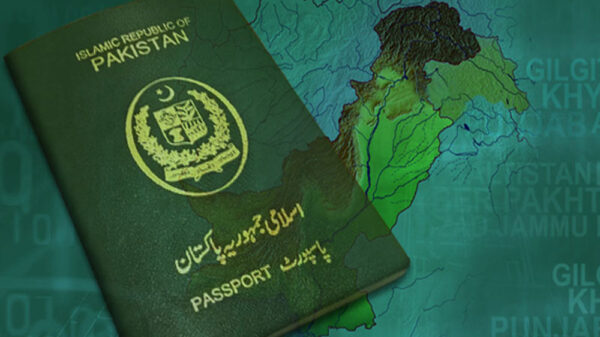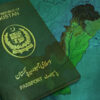Leading climate activists are representatives of developing countries are scrambling to goad the developed nations of the world into meeting their climate finance pledge ahead of COP26 to keep international climate negotiations on track.
Widely believed to be one of humanity’s last chances to take action to prevent the worst impacts of climate change, COP26 – the 26th United Nations Climate Change Conference – is scheduled to take place in Glasgow from 31 October to 12 November 2021 under the presidency of the United Kingdom.
The commitment by developed nations to provide USD 100 billion to help developing countries fight climate change was first announced in 2009, and was reiterated in the 2015 Paris Agreement.
A report from the UN Intergovernmental Panel on Climate Change (IPCC) last week confirmed stark warnings of human-induced global warming, but said we can halt and possibly reverse the rise in temperatures if we can cut global emissions in half by 2030 and reach net zero by the middle of this century.
Almost every nation on Earth signed up to the goals of the 2015 Paris Climate Agreement that aims to keep the rise in global temperatures well below 2C this century and to pursue efforts to keep it under 1.5C.
The IPCC report says that under all the emissions scenarios considered by the scientists, both targets will be broken this century unless huge cuts in carbon take place.
Responding to the report, Scotland’s Net Zero Secretary Michael Matheson highlighted the “very real threat and heightened risk” the climate emergency poses to the world.
“We will carefully consider the latest advice contained in the report and encourage others to do so too”, said Matheson – and he warned, “We will not get many more warnings before time runs out”. He said the report also made clear that with immediate, concerted international action to cut emissions, the global temperature rise could still be limited to 1.5°C in the longer term
But action requires funding, and developed countries – by definition the worst polluters of the environment – are dragging feet over meeting a funding pledge they made over a decade ago.
The G7 leaders, who met in Cornwall in Britain in June, issued a communique touching on their plans to meet the goal but stopped short of explaining how, punting the decision to the next G20 meeting due to take place in Italy in September.
A report last year by the OECD (Organisation for Economic Co-operation and Development) estimated that in 2018 financial flows reached USD 80 billion. This figure has been contested by developing countries, who say loans should not be counted.
An analysis of these numbers by British charity Oxfam reveals that no more than USD 20 billion worth of funding was provided as grants and is eligible to be counted towards the USD 100-billion climate finance goal.
Frustratingly for climate activists, most discussions on finance up until now have been held outside the UNFCCC meeting agenda, including two workshops looking at climate finance from 2025 onwards, on which negotiations will begin at COP26.
“[Developed] countries have simply decided to ignore this collective finance commitment”, says Bangladeshi author Prof. Saleemul Huq. “[E]ach country is calculating for itself what it is supposed to provide and what they will count towards their respective share”.
Alok Sharma, the British official who will preside over the COP26
climate talks, has called the USD 100 billion a ‘totemic’ figure that developed countries must provide to retain any semblance of credibility in the UN process.
It should not be forgotten that the amount of USD 100 billion “is not at all commensurate with the scale of climate finance required to help developing nations adopt clean energy and adapt to worsen- ing extreme weather and rising seas”, said an op-ed piece by Huq, the director of the International Centre for Climate Change and Development (ICCCAD) at the Independent University, Bangladesh (IUB).
“The sums needed are in the trillions rather than the hundreds of billions. Meeting that outstanding ‘totemic’ pledge is, however, a test of whether wealthy large-emitting nations will negotiate with their counterparts in the Global South on tackling the climate crisis in good or bad faith”.
COP26 will incorporate the 26th Conference of the Parties to the United Nations Framework Convention on Climate Change (UNFCCC), the 16th meeting of the parties to the Kyoto Protocol (CMP16), and the third meeting of the parties to the Paris Agreement (CMA3). Originally due to be held in November 2020 but postponed for twelve months in light of the COVID-19 pandemic in Scotland, COP26 is the first time that Parties are expected to commit to enhanced ambition since COP21.










